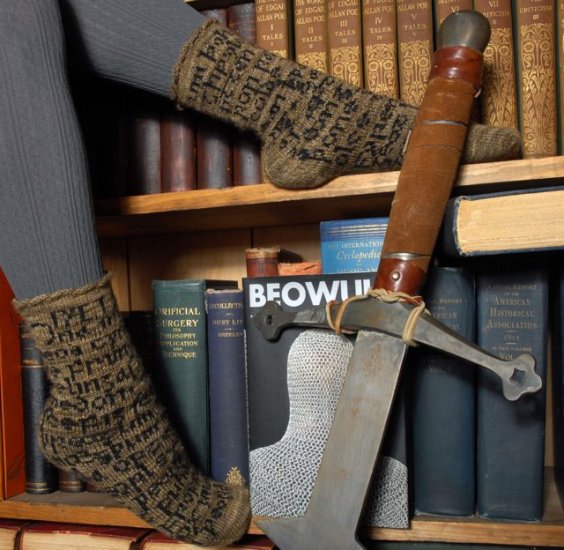Things: Material Cultures of the Long Eighteenth Century
September 25th, 2011Events, News; harrietphillipsAlternate Tuesdays, during term time
CRASSH
Michaelmas Term 2011: 12.00-14.00
Light lunch provided
The eighteenth century was the century of ‘stuff.’ Public production, collection, display and consumption of objects grew in influence, popularity, and scale. The form, function, and use of objects, ranging from scientific and musical instruments to weaponry and furnishings were influenced by distinct features of the time. Eighteenth-century knowledge was not divided into strict disciplines, in fact practice across what we now see as academic boundaries was essential to material creation. This seminar series will use an approach based on objects to encourage us to consider the unity of ideas of the long-eighteenth century, to emphasise the lived human experience of technology and art, and the global dimension of material culture. We will re-discover the interdisciplinary thinking through which eighteenth-century material culture was conceived, gaining new perspectives on the period through its artefacts.
11th October: Professor Simon Schaffer and Professor Nick Thomas on the Nature of “Artefacts”
25th October: Dr Kim Sloan and Dr Charlie Jarvis on the Understanding of “Botany”
8th November: Dr Richard Dunn and Dr Alexi Baker on the Universe of the “Telescope”
22nd November: Dr Catherine Eagleton and Dr Martin Allen on the Meaning of “Money”
